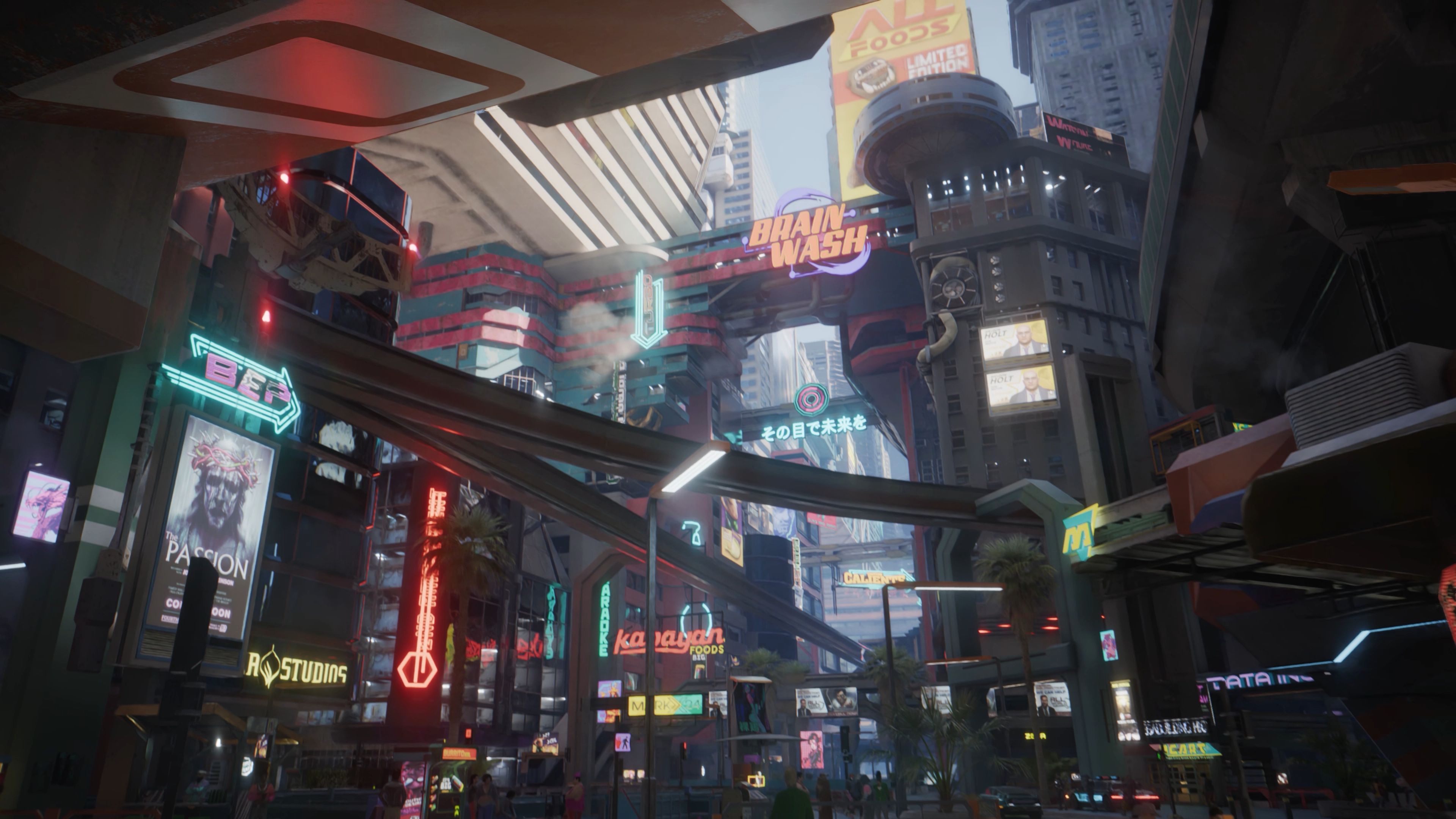Rocket League Season 20 Score: Charting the Trajectory of Esports Growth
The roar of the virtual crowd, the flash of an aerial goal, the strategic brilliance of a last-second save—these are the moments that define Rocket League. As the game enters its twentieth competitive season, it stands not just as a testament to enduring popularity but as a case study in the maturation and expansion of esports. Season 20 is more than a milestone; it is a scoreboard reflecting a deeper, more complex game being played behind the scenes: the relentless growth of an entire industry.
From its inception, Rocket League was a sleeper hit. The concept—rocket-powered cars playing soccer—was so absurdly brilliant it captured the imagination of players and spectators alike. Its accessibility was its initial strength; anyone could understand the objective within seconds, even if mastering the mechanics took thousands of hours. This low barrier to entry for viewers became the foundation upon which its esports scene was built. Early seasons, organized by developer Psyonix, were passionate, community-driven affairs that showcased incredible skill and laid the groundwork for what was to come.
The pivotal moment for Rocket League esports arrived with the acquisition by Epic Games in 2019. This wasn't merely a change of ownership; it was an injection of rocket fuel. Epic’s vast resources and ambitious vision for competitive gaming catalyzed a new era. The introduction of the Rocket League Championship Series (RLCS) in its current, more structured format, with consistent seasons, major tournaments, and a clear path to the World Championship, provided the stability and prestige necessary for professionalization. Prize pools swelled, attracting top-tier talent and legitimizing Rocket League as a career, not just a passion.
Season 20 is the culmination of this years-long strategy. It represents a scene that has moved from adolescence into a confident young adulthood. This growth is multifaceted, evident in several key areas.
The Professionalization of Play and Infrastructure
The skill ceiling in Rocket League has always been high, but Season 20 showcases a level of play that is almost transcendental. What were once highlight-reel shots are now standard procedure. The meta-game has evolved from individual brilliance to highly coordinated team strategies. Teams function like well-oiled machines, with players specializing in roles that go beyond simple positions. The "third man" is no longer just a defender but a launchpad for counter-attacks; the "demo player" is a strategic disruptor, a specialist in creating openings through calculated chaos.
This professionalization extends beyond the virtual pitch. Organizations now invest heavily in coaching, analysts, sports psychologists, and state-of-the-art training facilities. Players are athletes, adhering to strict practice schedules, reviewing game film, and focusing on physical and mental health. The narrative around teams is no longer just about their in-game performance but about their brand, their storyline, and their personalities, a crucial element for fan engagement.
Geographic Expansion and a Truly Global Stage

Early Rocket League competition was heavily dominated by North American and European teams. Season 20, however, is profoundly global. The RLCS format has successfully integrated and elevated regions such as South America (SAM), Oceania (OCE), and the Middle East & North Africa (MENA). The rise of teams like Team Falcons from MENA has been a storyline of its own, proving that talent is universal and providing a massive boost to the game's popularity in these emerging markets. This geographic diversification does more than just widen the talent pool; it creates a tapestry of regional rivalries and playstyles that make the international Majors and World Championship infinitely more compelling. A clash between the methodical, possession-based style of Europe and the chaotic, aggressive flair of SAM is a spectacle of contrasting philosophies.
Monetization and Sustainable Ecosystems
For an esport to thrive, it must be financially viable for all stakeholders: the developer, the teams, and the players. Season 20 demonstrates a mature ecosystem built on multiple revenue streams. The in-game Item Shop and Esports Shop, where a portion of sales goes directly to supported teams and the prize pool, create a powerful feedback loop. Fans can directly financially back their favorite organizations, fostering a deeper sense of connection and investment.
Sponsorships have also evolved. Gone are the days of peripheral brands dipping a toe in the water. Season 20 features partnerships with major mainstream companies—from automotive and energy drink brands to financial services and consumer electronics—that see the value in Rocket League’s young, engaged, and global demographic. Furthermore, media rights deals for broadcasting tournaments on platforms like Twitch and YouTube contribute significantly to the ecosystem's sustainability.
The Unbreakable Link with Community
Despite its professional trappings, Rocket League’s heart remains its community. Psyonix and Epic have masterfully nurtured this relationship. The creation and promotion of community-run tournaments provide a crucial pathway for amateur players to ascend to the professional ranks. Content creators, streamers, and coaches form a vast middle layer of the ecosystem, constantly generating engagement and onboarding new fans.
The tools provided to the community, such as robust custom training packs and a powerful map editor, have allowed the player base to become co-creators. They devise new training regimens, create viral custom games, and keep the experience fresh between official seasons. This active participation ensures the game remains vibrant and relevant, feeding directly into the health of the esport.
Challenges on the Horizon
This growth is not without its challenges. As the skill gap between the top teams and the rest widens, maintaining competitive balance will be crucial. Ensuring viewership numbers continue to climb amidst a saturated esports market requires constant innovation in broadcast production and storytelling. Furthermore, the long-term physical toll on players from the game's incredibly high Actions Per Minute (APM) is a topic that the industry will need to address with greater focus on ergonomics and health.
Conclusion: The Final Whistle Has Not Sounded
Rocket League Season 20 is not a finish line; it's a checkpoint indicating tremendous velocity. The score is overwhelmingly positive: a refined professional scene, a global footprint, a sustainable economic model, and a passionate community. It has successfully navigated the tricky path from a quirky indie game to a mainstay of the esports pantheon. The foundation built over nineteen previous seasons is now supporting a structure that is both resilient and ambitious. As the cars leap into the air for another kickoff in Season 20, they do so on an esports stage that is bigger, brighter, and more competitive than ever before, proving that sometimes, the most incredible growth happens when you have rockets attached.















